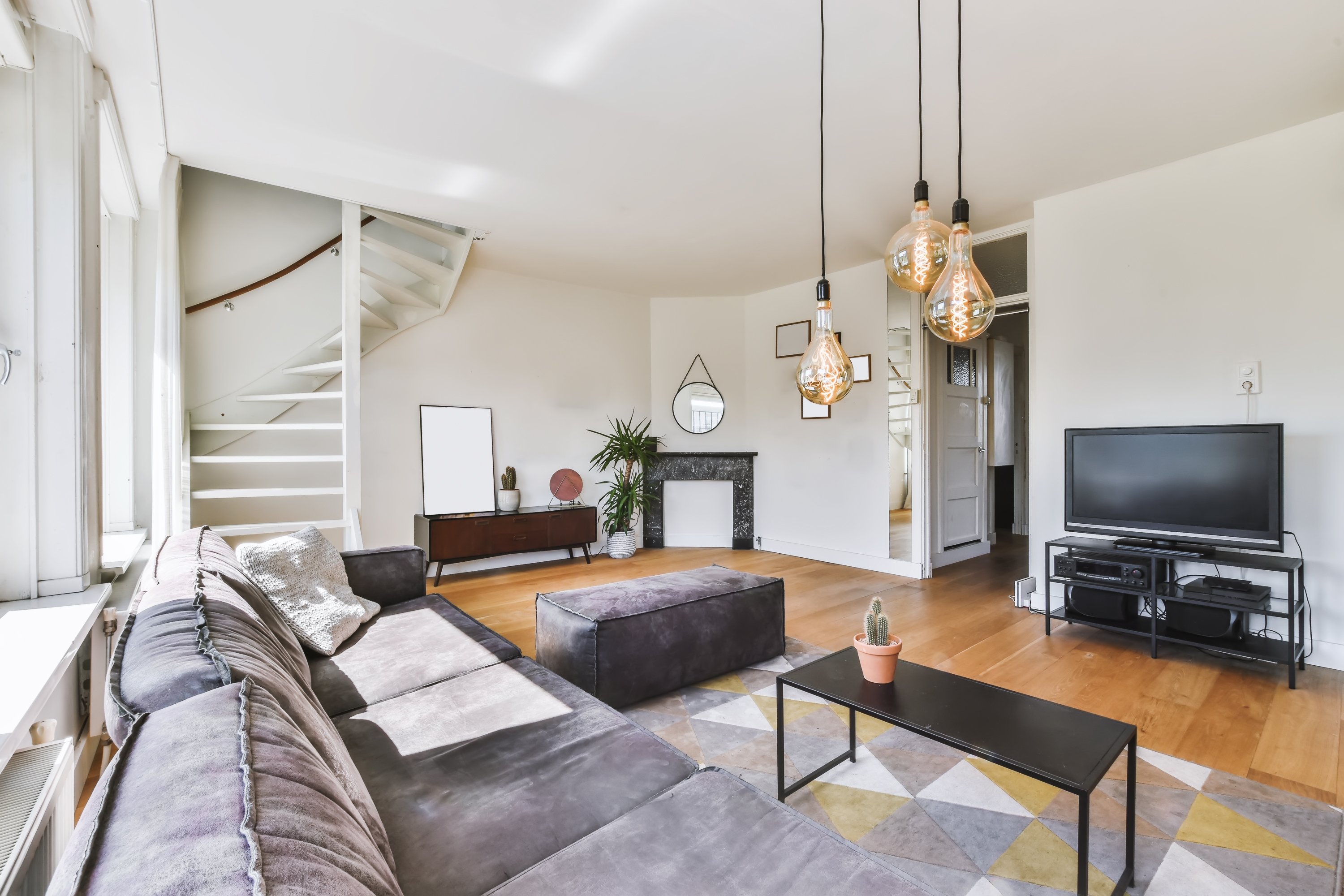6 rules of landlord etiquette for renting out your basement/attic rental suite
Getting your landlord-tenant relationship off on the right foot will help you set yourself up for success, especially if you are going to be living on the property at the same time. Depending on your circumstances, you might want to make some extra income and rent out your basement or attic suite. Below are six tips you should definitely keep in mind for a successful tenant-landlord living arrangement.
Have you been thinking about renting out your basement or attic? Here are some helpful tips on how to convert your basement or attic into a rental unit.
Rule #1: Set ground rules regarding the use of space
If you and your tenant(s) are living on the same property, there could be some spaces that have the potential to be common areas and shared spaces. Some examples are a backyard, driveway, garage or shed, front porch, entryway, or laundry room. You’ll want to establish ahead of time what spaces are to be shared or not, and the rules of engagement. When preparing the rental agreement, you can attach documentation with the rules surrounding common areas, so they are clearly established ahead of time. You can save time and simplify the rental process with Rhenti’s digital leasing tools.
Remember, as the landlord, even if you and the tenant are sharing the outdoor space or common areas, you are responsible for maintaining those areas. Some examples are snow removal from walkways, stairs, paths and driveways, and the cleaning and maintenance of hallways, entryways etc.
Rule #2: Use a standard lease
Using Ontario’s Residential Tenancy Agreement (standard form lease) is your best bet when it comes to having a tenant sign a lease. As mentioned, you can affix property-specific rules to it as well (e.g. rules for parking on the driveway). Rhenti makes renting easy with the digital Ontario Standard Lease incorporated into our leasing platform.
Is this your first time renting out your property? You'll want to know these 9 tips for every new landlord.
Rule #3: Know the rules about entering the property
Just because you and your tenant(s) are living on the same property, doesn’t mean it changes the rules about you entering the suite they rent. Tenants must be given 24 hours written notice regarding the landlord entering their apartment. Depending on what was agreed to in the rental agreement, written notice can include email. Landlords also need a valid reason for entering the rental unit; the most common reasons are repairs, maintenance-related inspections, or new potential tenants touring that space (if the tenant is moving out). The tenant does not have to be home for this visit, and it needs to fall between 8 a.m. - 8 p.m. If there is a rental maintenance emergency where there is an immediate risk related to the property or the people inside it (e.g. a flood), then the landlord can enter it without written notice.
-2.png)
Rule #4: Consider soundproofing
Adding soundproofing between the unit your tenant is living in and your own can make a huge difference in creating peaceful, quiet, and private spaces for everyone living there. With basement units, soundproofing can also lower heating costs in the winter and keep the space cool in the summer which is always a nice plus. An additional bonus of soundproofing is that it can dampen the sound of cars passing by if you live on a busy street.
Rule #5: Keep things professional
If you want to treat your rental unit as a business, then it is much easier to rent to people you don’t know as opposed to people you already have an established relationship with, like family and friends. Imagine trying to evict a family member for not paying rent. This is something to keep in mind when choosing who to rent to. It makes it a lot harder to keep the landlord-tenant relationship business-oriented (e.g. raising rent) if you have a pre-established relationship.
Rule #6: Enforce the rules, not your preferences
Remember, just because you live there too, doesn’t mean the dynamic changes between what is and isn’t your business when it comes to the tenant. You can’t comment on a tenant’s personal life or evict them based on it. How and who they spend their time with is their own business, and is considered their legal right to reasonable enjoyment.
These 6 landlord etiquette tips listed here are essentially common sense, and most laws surrounding tenancy are based on that. As the property owner, there’s nothing wrong with keeping to yourself to ensure that lines of professionalism aren’t crossed between you and the tenant.
Are you searching for a tenant for your basement or attic rental? Learn more about how Rhenti can help you find a renter fast, by listing your property today.
The blog posts on this website are for the purpose of general introductory information. They can’t serve as an opinion or professional advice. Speak to a professional before making decisions related to your circumstances.


